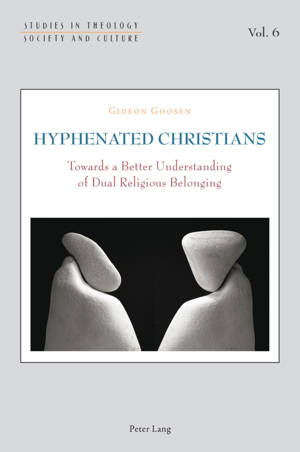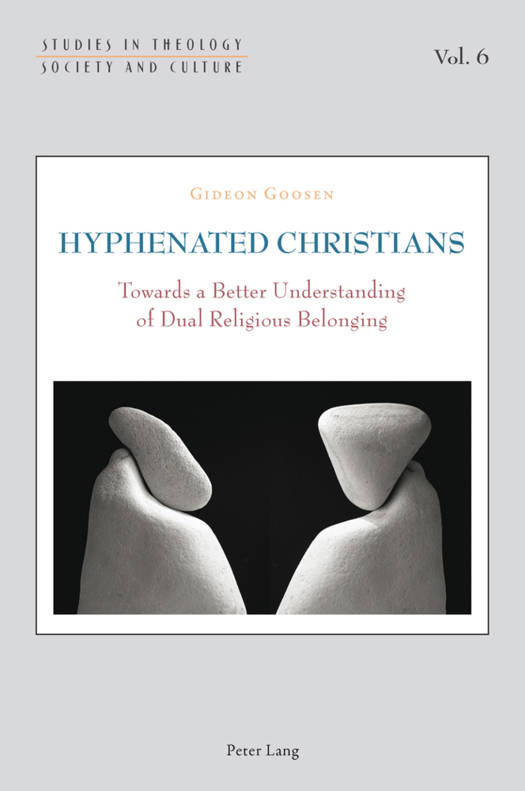
Door een staking bij bpost kan je online bestelling op dit moment iets langer onderweg zijn dan voorzien. Dringend iets nodig? Onze winkels ontvangen jou met open armen!
- Afhalen na 1 uur in een winkel met voorraad
- Gratis thuislevering in België vanaf € 30
- Ruim aanbod met 7 miljoen producten
Door een staking bij bpost kan je online bestelling op dit moment iets langer onderweg zijn dan voorzien. Dringend iets nodig? Onze winkels ontvangen jou met open armen!
- Afhalen na 1 uur in een winkel met voorraad
- Gratis thuislevering in België vanaf € 30
- Ruim aanbod met 7 miljoen producten
Zoeken
€ 62,45
+ 124 punten
Omschrijving
This book aims to explore the reality of dual religious belonging and to promote a better understanding of this concept. With this purpose in mind, the author examines changes in the global religious landscape in recent decades and analyses the theory of dual (or multiple) belonging, as well as discussing dual religious 'belongers' such as Henri Le Saux, Jules Monchanin, Bede Griffiths and Raimundo Panikkar. The book also explores the critical elements of a theology of dual belonging by examining the sense of 'self'; the Buddhist idea of 'no-self'; religious identity; the symbol as a means of divine communication; the notion of truth; and the concept of how God speaks through different religions. Finally, the author considers the crucial idea of 'conversion' or 'transformation'.
Specificaties
Betrokkenen
- Auteur(s):
- Uitgeverij:
Inhoud
- Aantal bladzijden:
- 174
- Taal:
- Engels
- Reeks:
- Reeksnummer:
- nr. 6
Eigenschappen
- Productcode (EAN):
- 9783034307017
- Verschijningsdatum:
- 6/06/2011
- Uitvoering:
- Paperback
- Formaat:
- Trade paperback (VS)
- Afmetingen:
- 150 mm x 225 mm
- Gewicht:
- 279 g

Alleen bij Standaard Boekhandel
+ 124 punten op je klantenkaart van Standaard Boekhandel
Beoordelingen
We publiceren alleen reviews die voldoen aan de voorwaarden voor reviews. Bekijk onze voorwaarden voor reviews.











